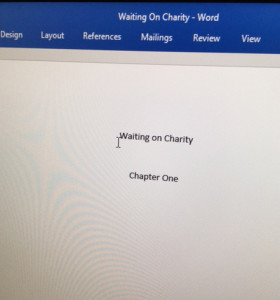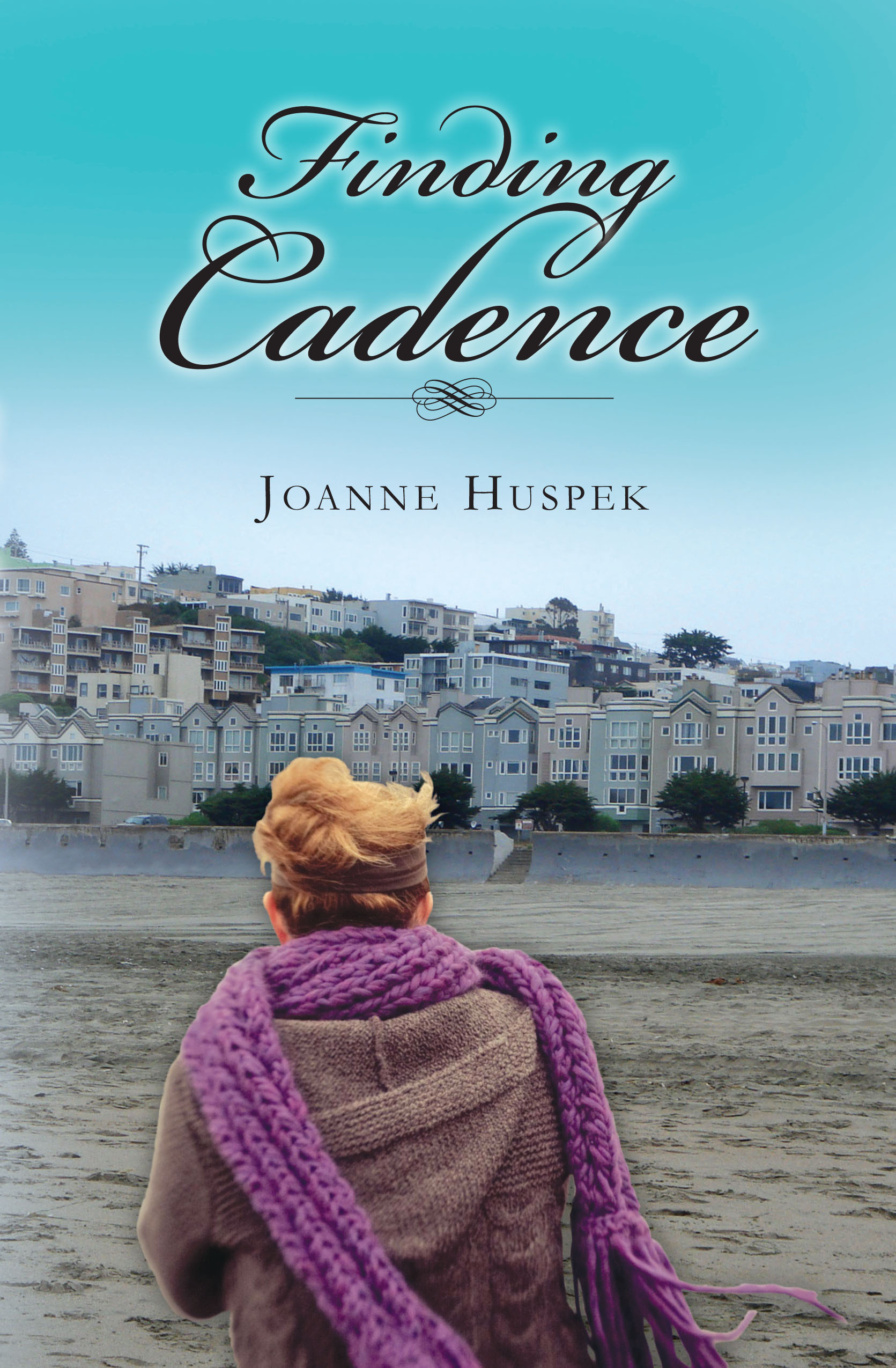Are we all excited?
Tomorrow, November 1, is the first day of NaNoWriMo, or National Novel Writing Month. You know, the month where writers around the world sign up with glee, intending to pump out 50,000 words in 30 short days.
For those who are math-challenged, that is 1,667 words per day.
For those writers who are challenged by something more than math (laziness, procrastination, fear and loathing), November 1st is a day of trepidation.
I’ve participated nearly every year since 2005. I’ll admit, some years I take a break due to family issues or maybe edits of other writing. I’m not exactly an expert on November writing, but I can offer some words of advice. Take them or leave them, because admittedly, I am a writer without a clue.
- It’s nice to have a plan, but you don’t need one. I’ve utilized two NaNoWriMos to write Virtually Yours and Virtually Yours Forever. Talk about success in NaNo, but there was a reason. One was a love story in 30 days; the other was a wedding in 30 days. These two novels were planned long in advance; I knew the characters, the story lines, the subplots, the Big Reveals, and since the stories progressed linearly, as in day by day, it was fairly easy to make the mark of 1,667 words per day. But again, I say, YOU DON’T NEED A PLAN! Just WRITE! Here are a few ways you can accomplish that.
- Write random scenes. You don’t have to start at Page One, Chapter One. Instead, imagine yourself in your characters’ world and write out a scene. I can guarantee you that a scene is usually more than 1,667 words. You might not use the scenes you write, but it’s better to have more words than less, especially during the first draft stage.
- Write random dialogue between your characters. I often do this as practice. Writing dialogue has always been problematic for me. Even though I’m much improved, I still shy away from doing it. It’s always been easier for me to internalize what the characters are saying instead of actually saying what they are saying. Don’t use tags, in order to make the most of your time. You can always add the attributes later. If you want to note the way the characters are reacting (sadness, anger, lust, etc.), I’d definitely add notes.
- Write about your characters. Tell yourself in words what he/she looks like, what they like and dislike, what kind of clothes they wear, if they have an accent, what their quirks are. Outline their family history. Expound upon where they live – the house, the city, the state. This may seem like a deviation from actually telling the story, but is helpful in developing your characters as real people. It also adds to your word count.
- It’s nice to have a designated time or place, but not necessary. In past years, I’ve said to myself “3 to 5 p.m., in my comfy chair,” but let’s face it, life is too full of drama sometimes.
- Likewise, don’t limit yourself to the computer. Carry a notebook and pen at all times! If you forget or don’t like to write passages in longhand, be smart and open up your smart phone. There’s an app called “Notes” – use it! When you get a chance, you can transcribe your writing into your word processing program and add to your word count.
- Remember, this is not a race! It’s not a race against others, it’s not even a race against yourself. NaNoWriMo is meant to encourage good writing habits, meaning writing something every day.
- Don’t beat yourself up if you haven’t completed a novel by November 30. As stated in Number 7, the intent of NaNoWriMo is not to complete a novel.
Now, my fellow writers, get a good night’s sleep tonight and go get ’em!
See you at the end of November.








